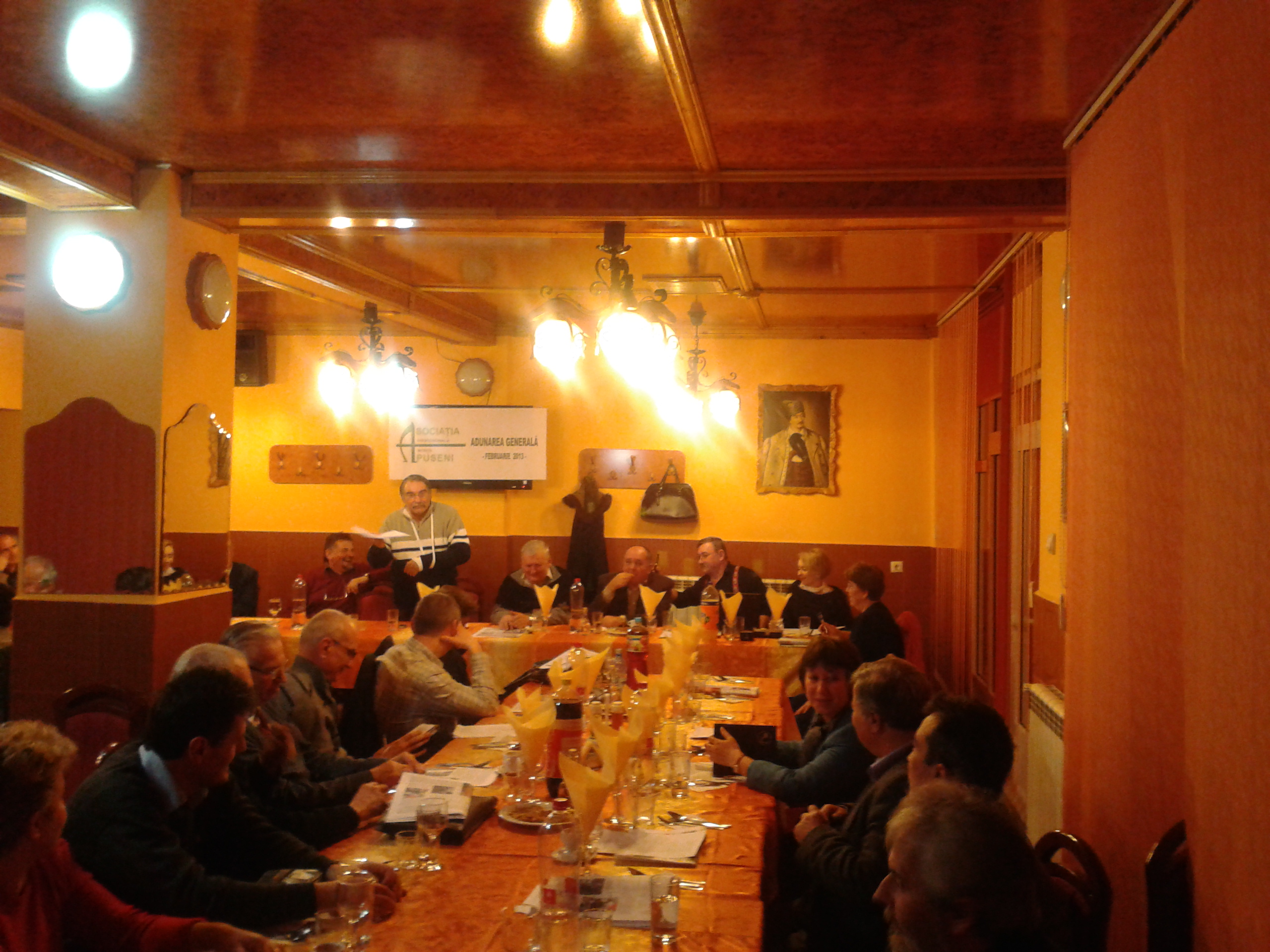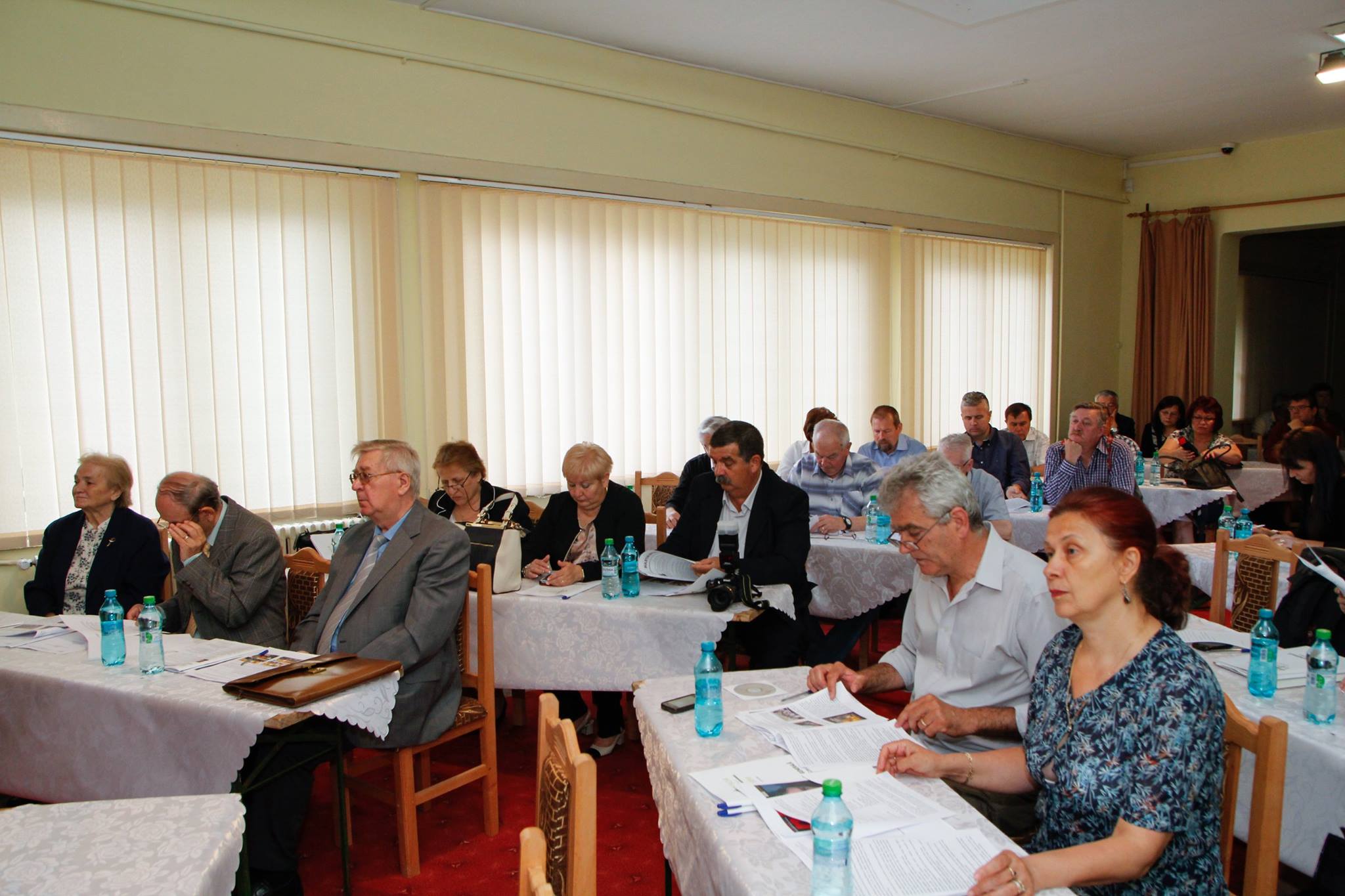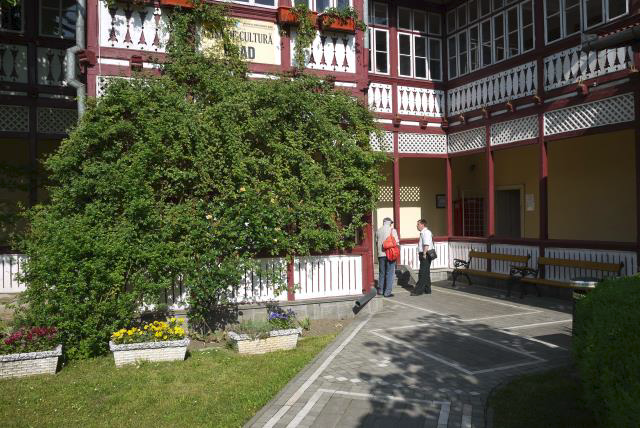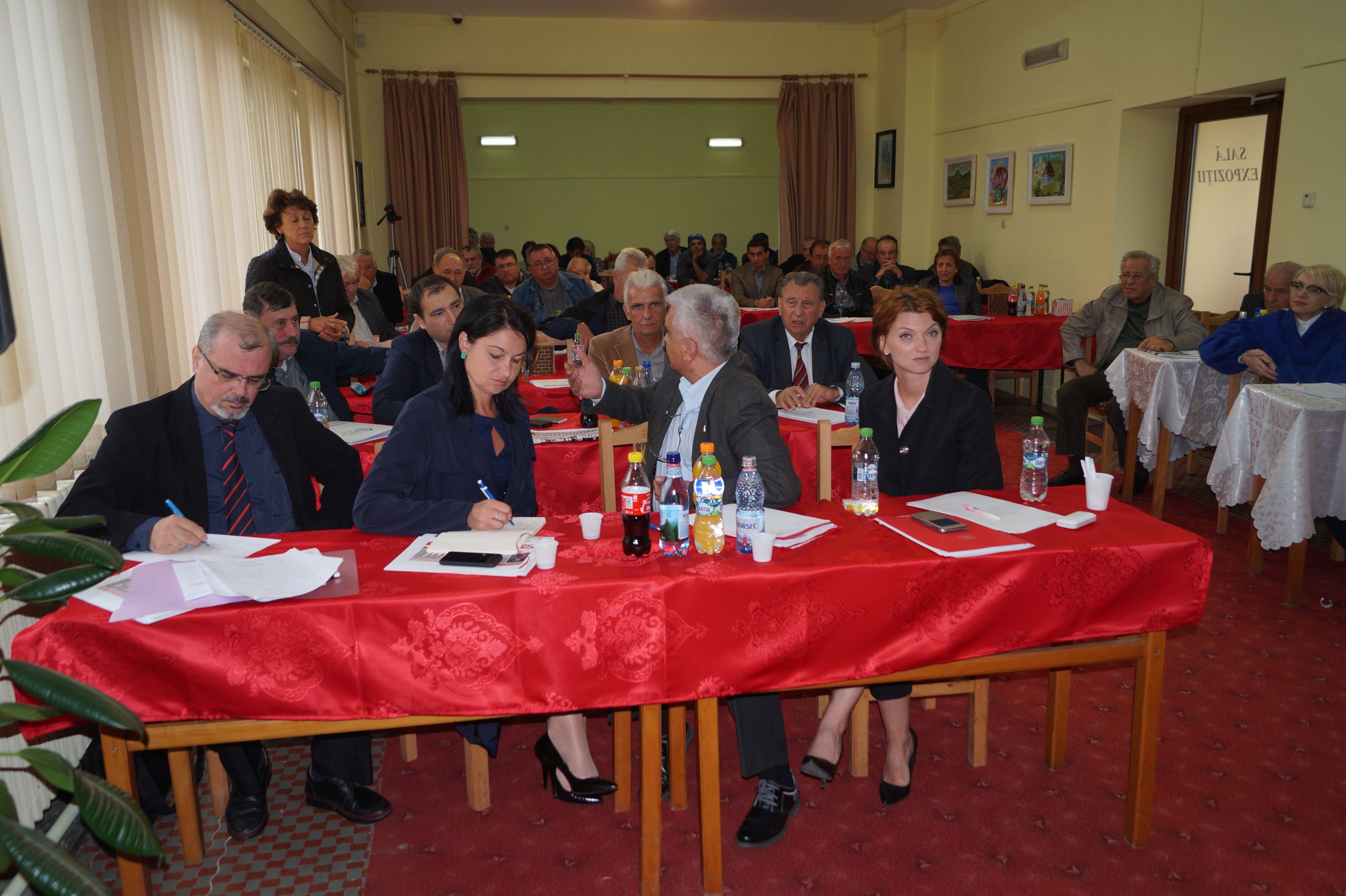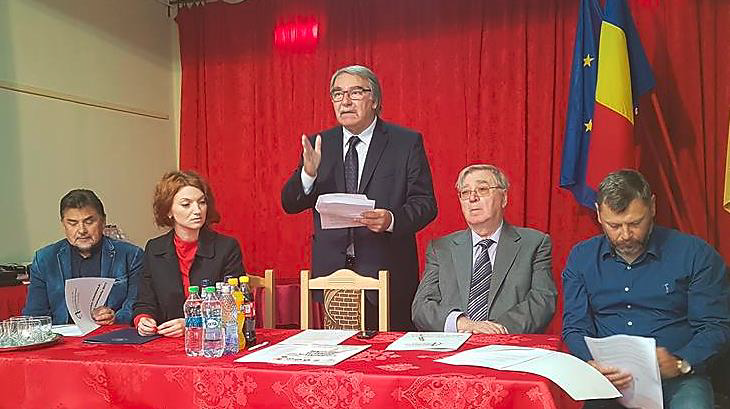EurGeolProfessional Title
The European Geologist title is a professional title created by the European Federation of Geologists which recognises the ability to deliver a high quality of services within the practice of geology. This certification held by a professional geologist means that the holder has achieved suitable academic training and a level of professional experience, skill and competence to perform tasks within their professional practice. It also means that the geologist undertakes continuing education and training, demonstrating a personal commitment to stay up to date and informed within the sphere of their professional work.
Whydo I need the title?
This is custom heading element
WhoIssues the title?
The European Geologist (EurGeol) title is awarded by the European Federation of Geologists (EFG). The Federation represents the geological profession across Europe and has members from the professional associations of 26 European countries. There are over 1400 individual EurGeol title holders. The process of vetting applications for the title is carried out for the Federation by its Licensed Bodies. National Licensed Bodies operating in Ireland, Spain, Switzerland, United Kingdom and Italy receive applications from their own members. Applicants from other countries apply to the International Licensed Body, which is supported by the EFG Brussels office. Recommendations for election from the Licensed Bodies are passed to the EFG Council for ratification. A register of title holders is maintained by the EFG on its website.
Where is the EurGeol titlerecognised?
The training and experience underlying the title are being harmonised. This will mean that the title will be recognisable in all European countries and so act as a passport to professional practice in Europe, thereby encouraging free movement of professionals. There are reciprocity recognition agreements being set with the American Institute of Professional Geologists (AIPG) and the Canadian Council of Professional Geologists (CCPG). On a practical level, European Geologists with an additional level of knowledge are recognised by the mineral reporting authorities in Australia, Canada, South Africa and London as professionals accredited to sign reports on mineral resources within their area of expertise and in the valuation of mining companies quoted on the Stock Exchanges.
Europe
EurGeol recognised as a first step towards the Competent Person in Europe
The training, competence and experience underlying the European Geologist (EurGeol) title are recognised across Europe and abroad as a passport for professional practice in Europe , thereby encouraging free movement of professionals.
The mineral sector is one of the main employers for geologists and recognition of the necessary professional competence, integrity and ethics is very advanced in this area. The recognition of the European Geologists holding the necessary experience and competence as a pre-condition to acting as Competent Persons able to sign off reports has been extended.
The Pan-European Reserve and Resource Reporting Committee (PERC) is the organisation responsible for setting standards for public reporting of exploration results, mineral resources, and mineral reserves by companies listed on markets in Europe. As a member of CRIRSCO (the Committee For Mineral Reserves International Reporting Standards), the PERC Reporting Standard is recognized world-wide and fully aligned with the CRIRSCO Reporting Template. PERC is established formally as a not-for-profit organisation registered in Brussels by its four founding organisations, the Institute of Materials, Minerals, and Mining (IOM3), the European Federation of Geologists (EFG), the Geological Society of London (GSL) and the Institute of Geologists of Ireland (IGI).
EFG as one of the founding members of PERC is therefore considered to be a Recognised Professional Organisation (RPO) enabling European Geologists to qualify as Competent Persons if they can prove the necessary competence.
To be recognised as an RPO (Recognised Professional Organisation) or ROPO (Recognised Overseas Professional Organisation), an organisation must satisfy the following criteria:
- be a self-regulatory organisation covering professionals in the mining and/or exploration industry;
- admit members primarily on the basis of their academic qualifications and professional experience;
- require compliance with the professional standards of competence and ethics established by the organisation anywhere in the World (not just within the home jurisdiction of the organisation); and
- have disciplinary powers, including the power to suspend or expel a member for breaches of professional standards of competence or ethics anywhere in the World.
The Competent Person recognition relies on self-declaration and the level of competence required may vary. European Geologists who wish to qualify as Competent Persons need a detailed professional experience in the relevant field of geology and the mineral sector, quoting the PERC Standard: “Those being called upon to act as Competent Persons should be clearly satisfied in their own minds that they could face their peers and demonstrate competence in the commodity, type of deposit and situation under consideration. If doubts exist, the person should either seek opinions from appropriately experienced colleagues or should decline to act as a Competent Person.”
European Geologists who require a deeper understanding of this matter should consult the guidance in the PERC Standard (and the other CRIRSCO standards), of which detailed knowledge is required for acting as a Competent Person.
Agreement EFG-EAGE
Based on the agreement signed between EAGE, the European Association of Geoscientists and Engineers, and EFG in March 2013:
- EAGE promotes the EurGeol Title to its European members, and maps the EurGeol Title competency matrix with EAGE’s portfolio of training and educational programmes that could support those preparing for an application or the CPD of existing title holders.;
- EFG recognises EAGE as an official CPD point provider in the EurGeol title process.
EAGE promotes the EurGeol title as professional accreditation to its European members.
Africa
Cooperation agreement with the Geological Society of South Africa (GSSAF)
The signing organisations recognise that their objectives with respect to the professional practice of the geological sciences are similar and further recognise the importance of cooperation as the practice of the geological sciences transcends international borders.
The commitments are as follows:
- Recognise one another and each organisation’s status with respect to the geosciences professions in their respective jurisdictions.
- Extend to one another a standing invitation for a representative of the other organisation to attend all meetings, including those of any committee or subcommittee, at no registration cost.
- Cooperate in developing a mechanism for the mutual recognition of standards between their continents.
- Cooperate in the development and maintenance of beneficial liaisons with equivalent national organisations in other countries involved in the registration of professional geoscientists and the regulation of the practice of geoscience.
- This agreement does not prohibit either organisation from pursuing other cooperative agreements with other geoscience organisations.
Memorandum of Understanding (MoU) with the Geological Society of Africa (GSAf)
In March 2015, the European Federation of Geologists (EFG) and the Geological Society of Africa (GSAf) signed a memorandum of understanding in Brussels to increase their mutual cooperation.
Given the similar objectives and common benefits of its members, EFG and GSAF agree to promote activities fostering cooperation in scientific research and promote scientific opportunities between members of both organisations.
EFG and GSAf will promote the following activities:
- Exchange of information on key programs and initiatives;
- Expansion of membership of both organisations through possible joint programs;
- Exchange of information and possible joint activities concerning international cooperation, educational opportunities, student programs and professional services;
EurGeol recognised as Competent Person in South Africa
SAMCODE is a group of South African codes:
- SAMREC Code sets out minimum standards, recommendations and guidelines for Public Reporting of Exploration Results, Mineral Resources and Mineral Reserves in South Africa.
- SAMVAL Code sets out minimum standards, recommendations and guidelines for Public Reporting of Mineral Asset Valuation in South Africa.
EFG is a Recognised Overseas Professional Organisation (ROPO) of Samcode: List of recognised ROPOS
Australia
Cooperation agreement with the Australian Institute of Geoscientists (AIG)
The signing organisations recognise that their objectives with respect to the professional practice of the geological sciences are similar and further recognise the importance of cooperation as the practice of the geological sciences transcends international borders.
The commitments are as follows:
- Recognise one another and each organisation’s status with respect to the geosciences professions in their respective jurisdictions.
- Extend to one another a standing invitation for a representative of the other organisation to attend all meetings, including those of any committee or subcommittee, at no registration cost.
- Cooperate in developing a mechanism for the mutual recognition of standards between their continents.
- Cooperate in the development and maintenance of beneficial liaisons with equivalent national organisations in other countries involved in the registration of professional geoscientists and the regulation of the practice of geoscience.
- This agreement does not prohibit either organisation from pursuing other cooperative agreements with other geoscience organisations.
EurGeol recognised as Competent Person in Australia
JORC is the Australasian Code for Reporting of Exploration Results, Mineral Resources and Ore Reserves (‘the JORC Code’). JORC is a professional code of practice that sets minimum standards for Public Reporting of minerals Exploration Results, Mineral Resources and Ore Reserves in Australia. The Australian Securities Exchange (ASX) introduced in 2003, a procedure for identifying ‘Recognised Overseas Professional Organisations’ (ROPO) as accredited organisations to which Competent Persons must belong for the purpose of preparing reports on Exploration Results, Mineral Resources and Ore Reserves. In the 2012 Edition, the updated language of ‘Recognised Professional Organisation’ (RPO) has been adopted in order to be consistent with CRIRSCO standard definitions.
The EFG and its European Geologists are recognised as fulfilling the requirements for recognition as a ROPO resp. as members of a RPO: International Reciprocity of Competent Persons.
NorthAmerica
Mutual recognition of professional qualifications between the American Institute of Professional Geologists, AIPG and the European Federation of Geologists
By this mutual recognition of professional qualifications agreements the American Institute of Professional Geologists (AIPG) will accept applications for the title of Certified Professional Geologist (CPG) from members of the European Federation of Geologists who are registered as an European Geologist (EurGeol) with a single sponsorship affidavit from the European Federation of Geologists, in lieu of the standard application requirements
The objective is to have an accelerated application process which will not require the submission of transcripts or certified record of employment. Each organisation will provide an application to meet these objectives.
Application form for award of the Certified Professional Geologists (CPG) with the American Institute of Professional Geologists title under the reciprocity agreement with the European Federation of Geologists: (doc) (pdf)
Please contact the EFG Office for more information.
Canadian Council of Professional Geoscientists (CCPG) Associate Member of EFG
An EFG Associate Member is a National Association within a country outside Europe. EFG and its associate members agree to cooperate in developing a mechanism for the mutual recognition of standards.
EFG and CCPG are currently preparing a mutual recognition agreement with a view to harmonising the standards of both organisations and recognising the title holders of both organisations.
EurGeols recognised as “Qualified Persons” in Canada
NI43-101, National Instrument 43-101 is a national instrument for the Standards of Disclosure for Mineral Projects within Canada. The Instrument is a codified set of rules and guidelines for reporting and displaying information related to mineral properties owned by, or explored by, companies which report these results on stock exchanges within Canada. This includes foreign-owned mining entities who trade on stock exchanges overseen by the Canadian Securities Administrators, even if they only trade on Over The Counter (OTC) derivatives or other instrumented securities.
The Ontario Securities Commission published on 8 April 2011 the new “Standards of disclosure for mineral projects”. The amendments became effective on 30 June 2011.
EFG is recognised as foreign association and the European Geologist Title (EurGeol) as membership designation.

